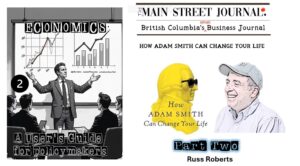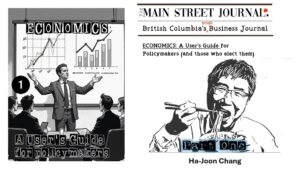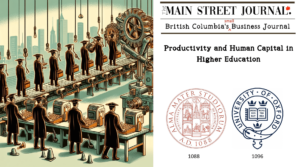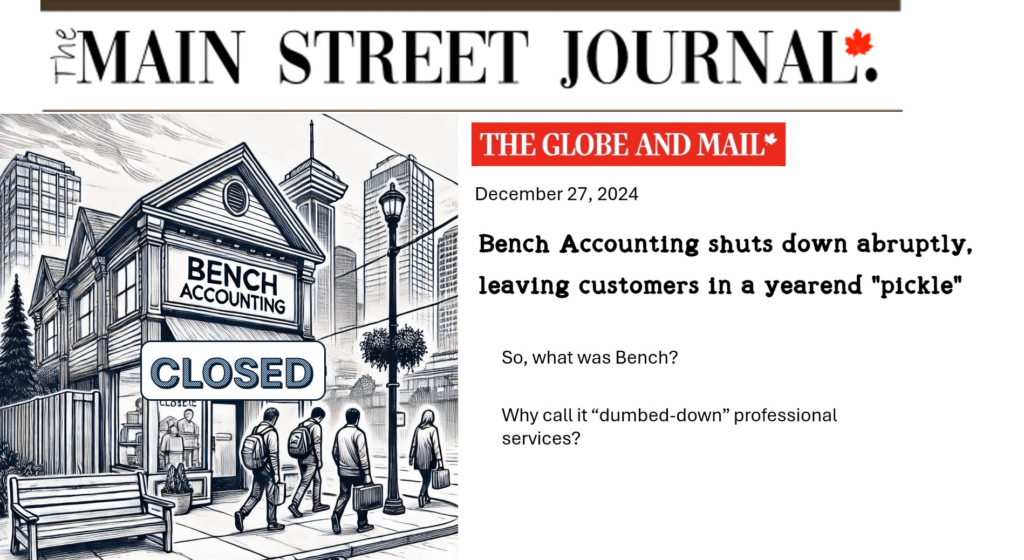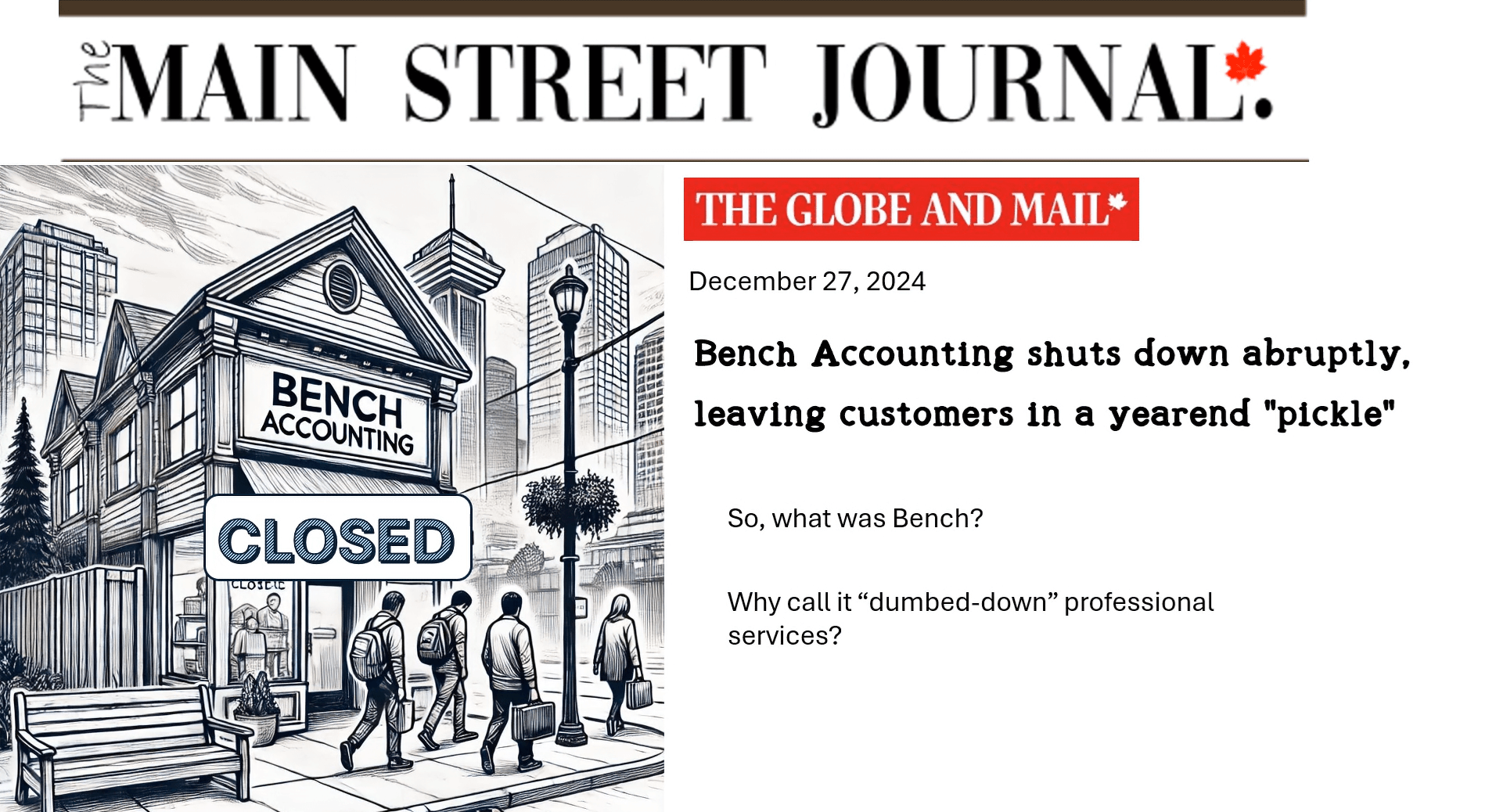CPA Canada admits it’s having trouble attracting new recruits into the profession.
According to a recent article in the profession’s PIVOT Magazine: “Mitch Stein – an Associate Professor of Managerial Accounting and Control at the Ivey School of Business and Director of the CPA Ontario Centre for Accounting and the Public Interest, and many other accounting educators admit there is a diminishing “lustre of the CPA badge”.
So what’s the problem?
“There is a decline, and it’s not just in Canada,” says Rotman School of Management accounting professor Irene Wiecek, who sits on the newly established accountancy education panel of the International Federation of Accountants (IFAC). “The cost to society is huge.” Absent a sufficient supply of CPAs, companies will find themselves scrambling to carry out a wide range of tasks, from internal controls to public disclosure and compliance.”
Watch Video:
Related Content:
Canada needs more CPAs, here’s how to attract them – CPA Canada
As the need for accountants outpaces the number of new CPAs, the profession has an opportunity to show young people how their values can be part of accounting’s future
Mitchell Stein, an associate professor of managerial accounting and control at the Ivey Business School, recently had what struck him as a revealing conversation with a student at Western University. A psychology major, she had taken a business accounting course as an elective and discovered, somewhat unexpectedly, that she enjoyed the discipline enough to transfer into Ivey’s program. She then secured a summer job at an accounting firm, and also consulted Prof. Stein for his advice on this shift just before she began the work program.
The exchange dovetailed with similar sorts of feedback he’s heard lately from commerce or accounting-focused students. “They talk to their peers, and [the internship] is maybe not too exciting, or the first month is not too exciting, and they say, ‘it’s not for me.’”
Other accounting educators point to an expectations gap that dissipates once young people get going in their careers. “There might be a bit of a misconception of what the profession entails versus what it actually is and what it offers,” observes Catherine Barrette, an associate professor in the teaching stream at the Rotman School of Management. “Some of those misconceptions are that the profession is a little bit rigid and or would limit what you can do afterwards, which actually is quite contradictory when you see CPAs in the workplace and where they end up five or ten years after graduation.”
Learn More: Click Here






